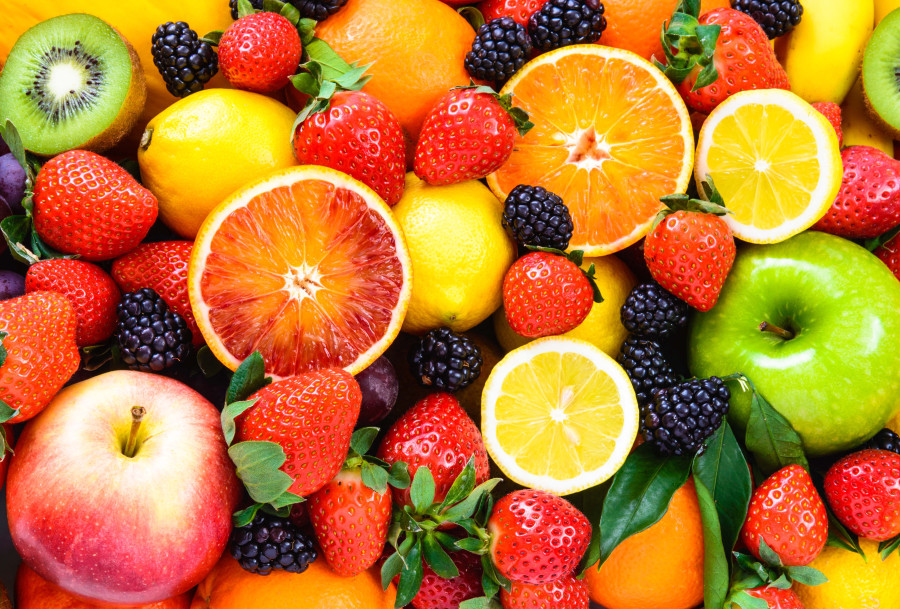Money
Nepal updates quality standards for fruit juices and beverages
The new standards have been sent to the World Trade Organisation for Sanitary and Phytosanitary Measures notification.
Krishana Prasain
The Quality Determining Committee formed under the Food Act has updated the quality standards for fruit juices and beverages, and prepared new standards for juice made from fruit nectar to bring them in line with international standards.
The new quality standards have been sent to the World Trade Organisation for Sanitary and Phytosanitary Measures notification through the Ministry of Agriculture and Livestock Development, said Mohan Krishna Maharjan, spokesperson for the Department of Food Technology and Quality Control.
Sanitary and Phytosanitary Measures ensure that the food supplied to consumers is safe to eat. Maharjan told the Post that if the World Trade Organisation is fine with the new standards, the department will implement them by publishing them in the Nepal Gazette. It will take at least two months to get the World Trade Organisation's response, he added.
According to Maharjan, the new quality standards will be implemented on all types of fruit juices and beverages including imported products.
As per the updated quality standards for fruit juices and beverages, the fruit juice content in fruit beverages made from lemon or lime should be at least 5 percent by weight. For fruit beverages made from other fruits, the fruit content should be not less than 10 percent.
The total soluble solids tested by a refractometer should be at least 10 degrees Brix at 20 degrees Celsius by weight; and for rigid containers like cans, glass and plastic bottles and jars, the fill of the container with the volume of stagnant water should not be less than 90 percent.
The beverage should be free of peel oil, fruit essence and other external parts of the fruits. The contaminant and toxin residue should be as set by the government. The fruit juice packet should state the level of process procedure like processed from high temperature or high pressure, and also state the percentage of fruit juice.
If the nutritive sweetener weighs more than 15 gram per kg, the fruit juice will not be considered as 100 percent fruit juice; and it should be stated on the packet that the product contains sweetened fruit juice.
The new fruit nectar standards should have the goodness of related fruits. The nectar should not have an inappropriate smell.
For nectar of fruits like pineapple and orange, the fruit content should be a minimum of 40 percent on the basis of weight; and in case of other fruit juices, the content should be a minimum of 20 percent. Fruit nectar that has been used should not be reused
Fruit juices should meet the hygiene, procession and microbiological standards set by the government.
Maharjan said that once the new standards go into effect, the department will conduct market inspection to ensure that the products sold to consumers meet the quality requirements.




 9.7°C Kathmandu
9.7°C Kathmandu















